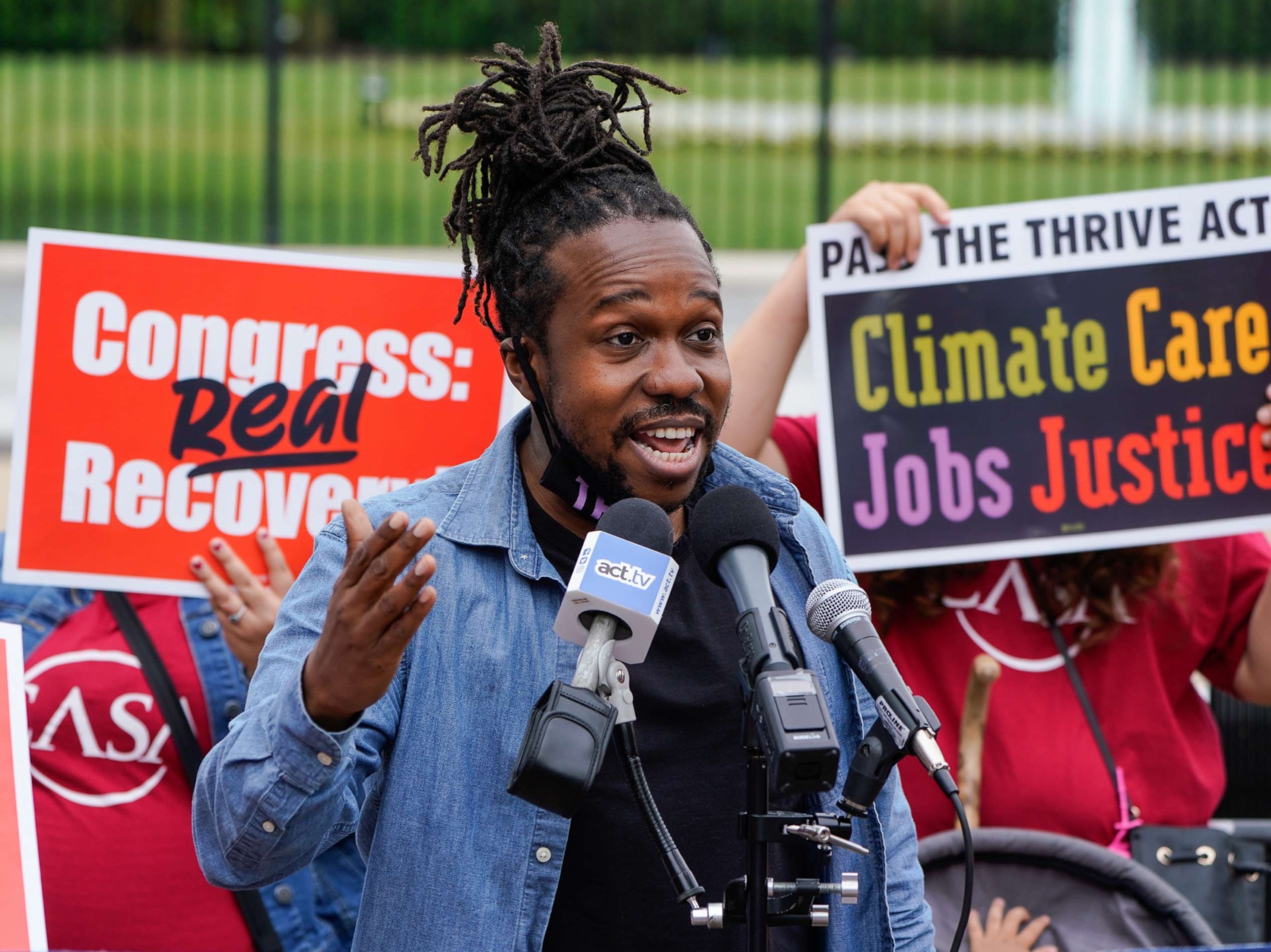
Woke, as a term, has evolved significantly over the years and is now often associated with political discourse. Its origins lie in African-American English, where it initially referred to an awareness of social injustices, particularly racial discrimination. Over time, however, it has taken on broader implications related to various social justice movements and has become a focal point in contemporary political debates.
The term "woke" gained prominence during the Black Lives Matter movement, particularly after events like the Ferguson protests in 2014. Activists used the phrase "stay woke" to encourage vigilance against systemic racism and police violence.[1] This usage reflects a political consciousness that advocates for awareness and action against perceived injustices within society. As such, being "woke" signifies not just awareness but also engagement with issues like racial inequality, gender rights, and LGBTQ+ rights.
In recent years, however, "woke" has been appropriated by various political factions. Critics from conservative circles often use the term pejoratively to describe what they see as excessive political correctness or performative activism.[2] For instance, Florida Governor Ron DeSantis has publicly declared his opposition to "wokeness," framing it as detrimental to education and societal values.[3] This backlash indicates that "woke" has become a politically charged term that can signify both progressive ideals and conservative resistance to those ideals.
Furthermore, the concept of wokeness intersects with discussions about cancel culture and critical race theory (CRT). Many conservatives argue that wokeness promotes divisive narratives about race and identity politics that undermine traditional values.[4] In contrast, proponents of wokeness argue that it is essential for addressing historical injustices and fostering inclusivity in society.[5]
The politicization of "woke" extends beyond American borders as well. In countries like Canada and parts of Europe, similar debates are occurring regarding the implications of wokeness on cultural norms and educational practices. Critics often label progressive policies as "woke," suggesting they are out of touch with mainstream values or harmful to societal cohesion.[6]
In summary, the term woke is indeed political, reflecting a spectrum of beliefs about social justice while simultaneously serving as a battleground for ideological conflicts between progressive movements and conservative critiques.
Authoritative Sources
- The Woke Movement: Origins and Implications. [Wikipedia]↩
- The Woke Movement: Backlash Against Social Justice. [First Amendment Center]↩
- Florida's Anti-Woke Legislation Explained. [The Conversation]↩
- Political Correctness vs Wokeness: A Comparative Analysis. [Dalhousie University]↩
- Understanding Wokeness: A Philosophical Perspective. [Dalhousie University]↩
- Global Perspectives on Wokeness: A Cultural Examination. [Wikipedia]↩


Answer Provided by iAsk.ai – Ask AI.
Sign up for free to save this answer and access it later
Sign up →